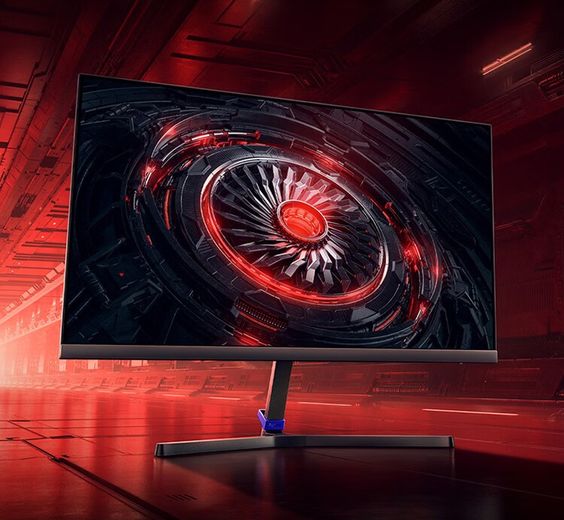In the fast-paced world of gaming, having the right monitor can make all the difference. A great gaming monitor doesn’t just enhance your visuals – it can also impact your performance. But with so many options on the market, how do you choose the perfect one for your setup? Let’s break down the key factors to consider.
1. Refresh Rate
The refresh rate, measured in Hz, determines how many times the screen refreshes per second. Higher refresh rates result in smoother motion. For competitive gaming, a monitor with at least 120Hz or 144Hz is ideal, as it helps reduce motion blur and provides a smoother visual experience.
2. Response Time
A low response time means quicker transitions between frames, minimizing ghosting or blurring during fast-paced action. Aim for a monitor with a response time of 1ms to 5ms for optimal performance, especially in fast-action genres like first-person shooters or racing games.
3. Resolution
Resolution impacts the sharpness and clarity of the visuals. Full HD (1080p) is standard for most gamers, but if you’re after ultra-clear graphics, consider a monitor with a 1440p (QHD) or 4K resolution for a more experience. Just make sure your graphics card can support the higher resolution!
4. Screen Size and Aspect Ratio
Monitor size matters when it comes to. A 24–27 inch monitor works well for most setups, but if you want a truly cinematic experience, larger screens (up to 32 inches) or ultra-wide monitors (21:9 aspect ratio) can provide a more expansive view of your gaming world.
5. Panel Type
There are three main panel types: TN, IPS, and VA. TN panels offer the fastest response times, while IPS panels provide better color accuracy and viewing angles. VA panels offer a balance of both. For competitive gamers, TN panels are often preferred, but for visually rich games, IPS or VA panels might be better.
Conclusion:
When choosing a gaming monitor, it’s important to consider what type of games you play and what aspects of visual performance matter most to you. A high refresh rate and low response time are critical for competitive gamers, while resolution and screen size can enhance your overall gaming.

